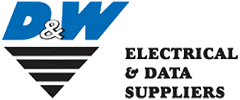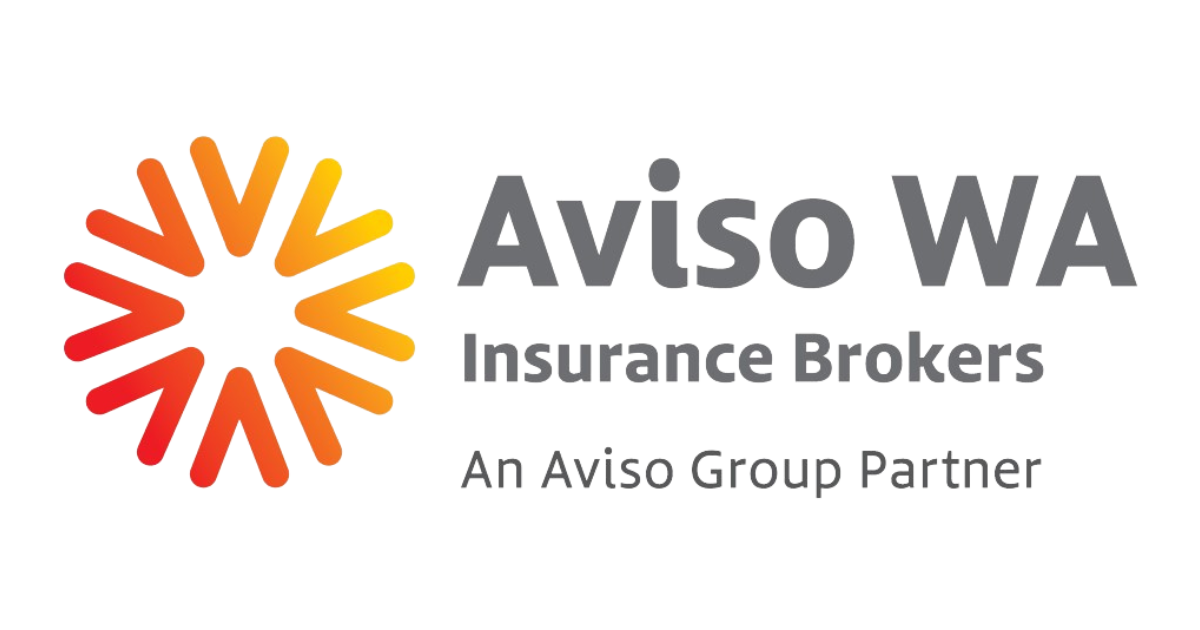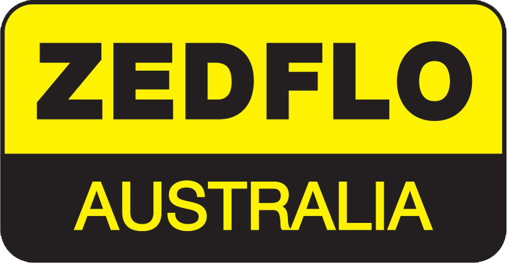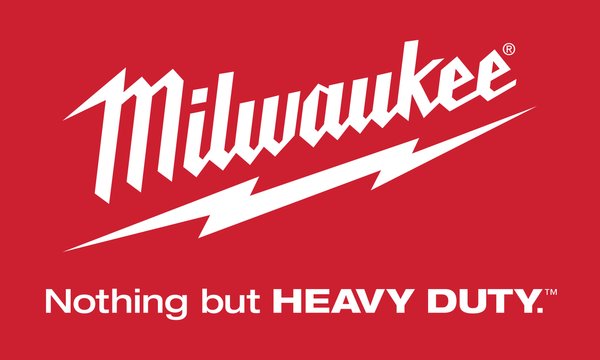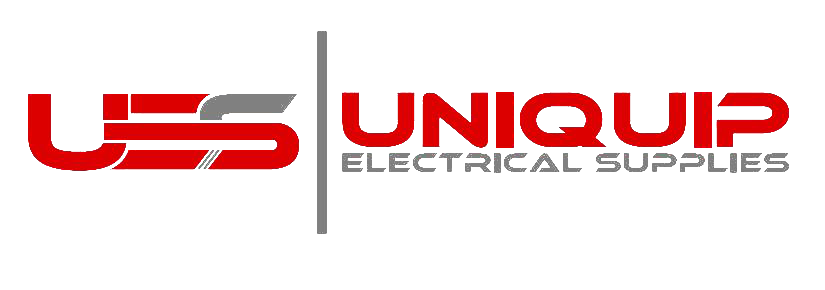Can Normal Electricians Install EV Chargers? A Comprehensive Guide

With the growing popularity of electric vehicles (EVs), more people need home EV chargers. This raises an important question: Can any regular electrician install these chargers, or do they need special qualifications?
Can a Regular Electrician Install an EV Charger?
Basic electrical knowledge is essential, but installing EV chargers involves more complexity. It requires understanding specific safety protocols, regulations, and standards like AS/NZS 3000:2018 in Australia. These standards set the technical and safety norms for electrical installations, including EV chargers.
Qualifications and Training
To install EV chargers safely and comply with national standards, electricians need extra training and certification.
At CET, Our Electric Vehicle Course, offered in partnership with Skillbuild, is a great starting point. This course covers EV technology, focusing on different types of EVs, plugs, and charging methods. You'll learn how to install, test, and commission three types of EV chargers and connect them to an on-site EV.
Understanding EV Charging Requirements
Installations must follow the AS/NZS 3000:2018 standards, which include guidelines for EV charging installations. For instance, the type of RCD (safety switch) used must be compatible with the charger's ability to detect DC fault currents. This ensures that the installation is both safe and efficient.
Different Types of EV Charger in WA
Western Australia is quickly adopting EVs, making it crucial to understand the types of EV chargers available. There are three main levels:
- Level 1 Chargers: These use a standard household outlet and charge slowly. They are suitable for overnight charging at home.
- Level 2 Chargers: These are faster and require a 240V supply. They are ideal for home use but need a dedicated electrical circuit.
- DC Fast Charging (Level 3): This is the fastest option, suitable for public charging stations. They can charge an EV to 80% in about 30 minutes.
In Perth and Australia broadly, the Type 2 connector is becoming the standard. Electricians need to familiarise themselves with this connector type and ensure it works with local EV models and charging infrastructure.
Smart EV Chargers and Connectivity in Perth
Smart EV chargers are the future of EV technology. They offer features like scheduled charging and energy usage monitoring. In Perth, integrating these chargers with the local electricity grid can improve energy efficiency. Installation requires internet connectivity and must meet the requirements of local network providers, such as Western Power. This highlights the need for electricians to understand smart technology in EV charging.
Permitting and Legal Requirements in WA
In Western Australia, the permitting process for EV charger installations involves navigating state-specific requirements. Compliance with the National Electrical Code (NEC) and local standards, such as the Western Australian Service and Installation Requirements (WASIR), is mandatory. This ensures that installations are safe and lawful.
Site Assessment and Preparation in Perth
Choosing the best location for an EV charger in Perth requires a thorough site assessment. Factors like the local climate and existing infrastructure are important. Electricians need to consider whether the charger will be indoors or outdoors and prepare for Perth's weather conditions. For example, outdoor installations need weatherproofing to protect the charger from rain and heat.
Installation Safety and Best Practices
Following safety protocols and best practices during installation is crucial. In Western Australia, this means adhering to the guidelines set out in WASIR and WAER standards. Electricians must prioritize safety and compliance to protect themselves, their clients, and the electrical system. This includes using the correct tools, double-checking connections, and ensuring the charger is securely mounted.
Future-Proofing EV Charger Installations
With rapid advancements in EV technology, ensuring that charger installations are future-proof is essential. This involves preparing for potential upgrades and changes in standards, particularly with the expected adoption of the Type 2 connector as the standard in Australia. Future-proofing also means considering the possibility of adding more chargers or upgrading existing ones as technology evolves.
Conclusion
As the demand for EV charger installations grows, electricians must adapt to the complexities and specificities of this expanding field. Extra training and certification are key to ensuring safe, compliant, and future-proof installations that meet relevant standards and local requirements. By staying updated with the latest standards and technologies, electricians can provide the best service to their clients and support the growth of the EV industry.
Ready to Accelerate Your Career?
Are you ready to take charge of your future in the rapidly growing Electric Vehicle (EV) industry? Don't miss this opportunity to gain a competitive edge and become a certified EV charging expert by enrolling in our Electric Vehicle Charging Course facilitated and certified by Skillbuild Training.







